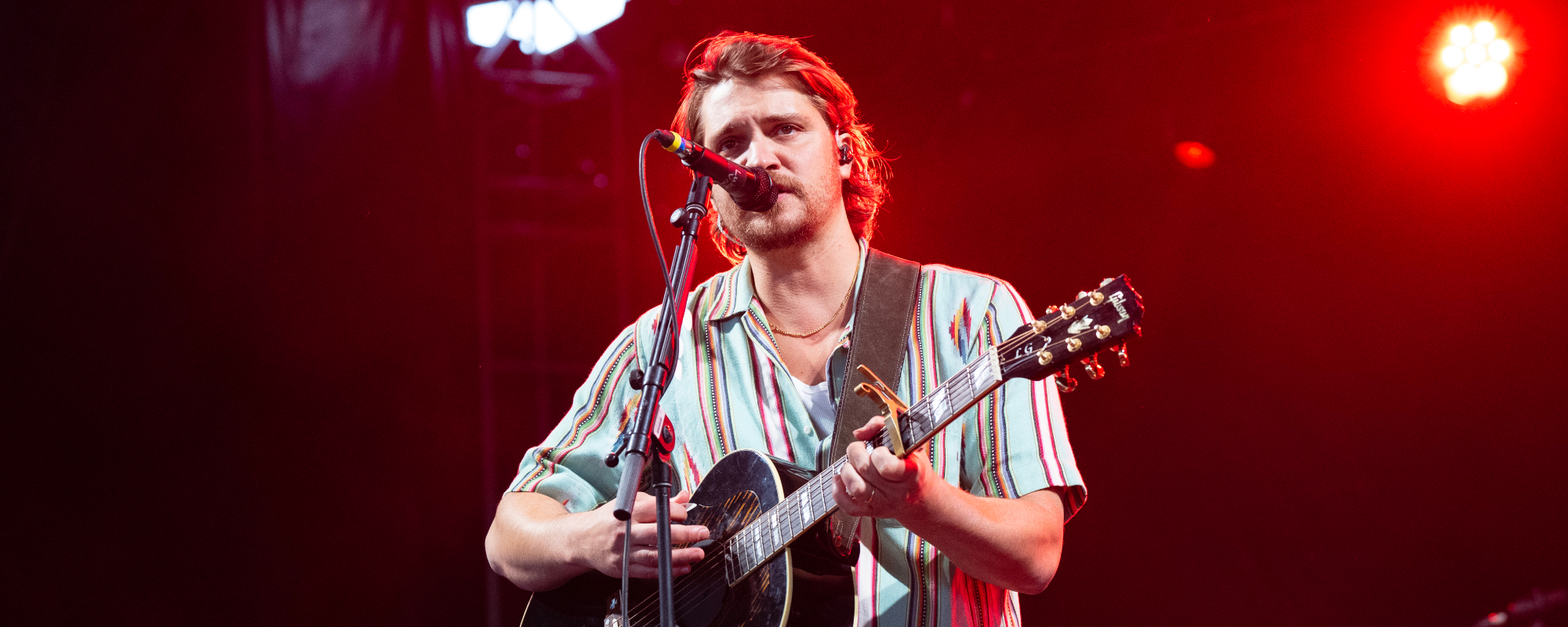A master of many instruments, Ian Anderson found his place in music when joining the British rock band Jethro Tull with Jeffrey Hammond and John Evan. First stepping on stage during the 1960s, the musician continues to travel the world, performing in some of the most historic venues. While loving his career in music and on the stage, Anderson recently criticized fans who believed screaming and shouting was normal at concerts.
Videos by American Songwriter
Sharing his thoughts on concert etiquette with Classic Album Review, Anderson didn’t care much for needing to bend to the audience. “I wanna be free of feeling that I am in any way having to comply with other people’s wishes and other people’s demands. And the more demanding an audience [is], by the way, the less I enjoy it.”
Anderson even brought a few examples with him as he pointed to fans in Brazil. Claiming they loved to shout and yell during concerts, the musician insisted, “I actually find it incredibly rude, and I really don’t enjoy that. It’s not every concert I’ve played in Brazil, but I encountered it a couple of times last year when I was on tour in Brazil, and that’s the way they are. There are other national stereotypes where people do behave that way. You will encounter it sometimes in the U.S.A., where people think it’s OK to shout and whistle. It’s not OK.”
[RELATED: Ian Anderson Presents Jethro Tull’ joins Joe Bonamassa’s Mediterranean Cruise]
The Concert Standard Ian Anderson Wants
While wanting fans to have a great time at one of his concerts, Anderson believed it distracted him from his performance. “I’m trying to concentrate on playing sometimes quite difficult music, and I don’t like to be interfered with. I like to have the flexibility to be able to do that. And so if the audience set out to somehow manipulate you or influence your way of playing, that’s not good.”
Not only complaining, Anderson explained how a concert should be approached like an opera or ballet. “I like a respectful, relative silence until we get to the end of a song. Then it’s time to applaud. And some people might find that difficult to understand or something they don’t particularly like, that I would feel that way, but it’s the way I’ve always been.”
(Photo by Frank Hoensch/Redferns)










Leave a Reply
Only members can comment. Become a member. Already a member? Log in.